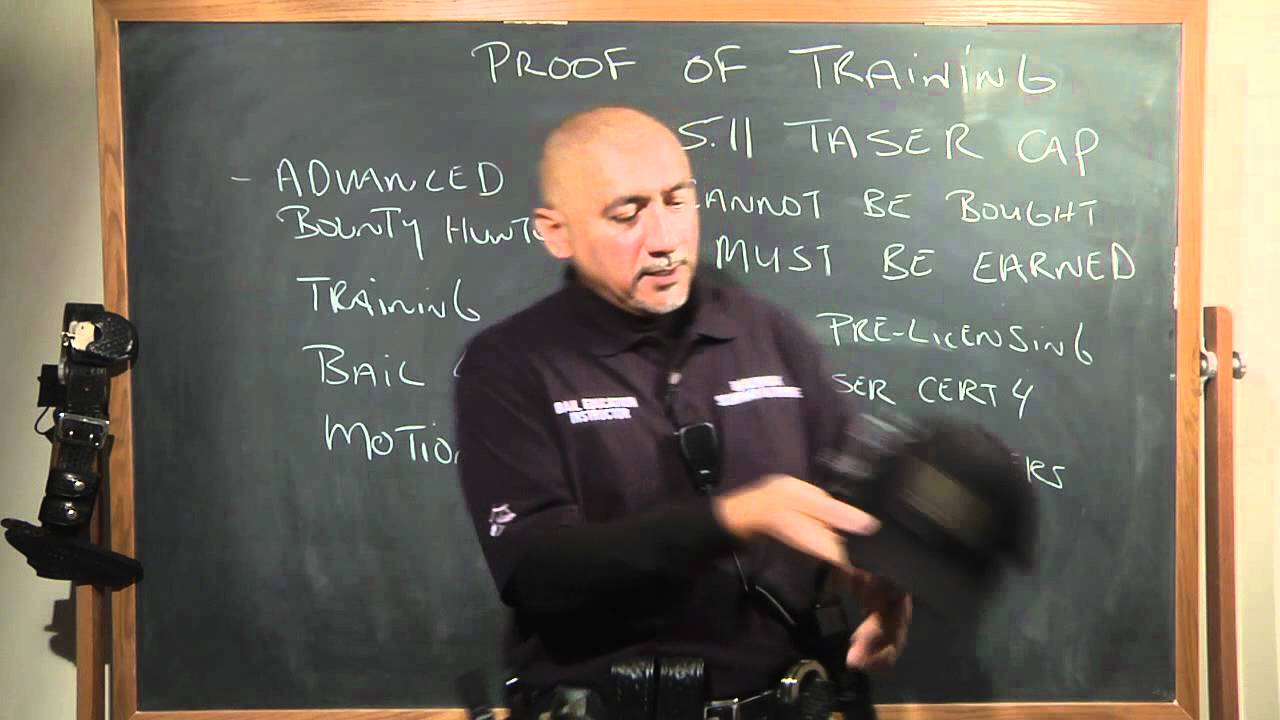A bounty hunter, also known as a bail enforcement agent or fugitive recovery agent, is responsible for locating and accepting custody of someone who’s skipped’ in their bail and failed to meet the needs within their bond contract. This usually means that they occasionally pursue harmful individuals who will attempt to resist capture. Being a bounty hunter is consequently a dangerous occupation.
Particular skills are essential to becoming an effective bounty hunter (also known to be as Bail Enforcement Agent or Bail Enforcer’s). Due to the danger involved in this occupation, Bail Enforcer’s qualifications also incorporate physical strength and psychological quick-wittedness.
Bounty hunters will need to be able to quickly evaluate a situation and also to have negotiation skills, including persuasiveness and an intimidating presence for handling fugitives. Bail Enforcers will also have to be ready to live during violent altercations, meaning that close-combat training, experience with weapons, and understanding of the law are also significant.

Prerequisites to Become a Bounty Hunter
To become a Bail Enforcement Agent, most states require the completion of a training program, like the ones offered by various post-secondary schools. These programs ensure that bounty hunters have the abilities required to receive Bail Enforcement Agent certification, which is essential to starting a career as a bounty hunter. Those wondering’ what does it take to be a Bail Enforcers?’ Can adhere to this step-by-step process for how to become a bounty hunter:
Step 1: Meet Bounty Hunter Prerequisites for Training
However, bounty hunters must meet their country’s requirements for bounty hunters, which normally include completing some sort of training program. A few of the bounty hunter certification and training programs are available online. Other training programs may be offered through apprenticeships or short training courses.
By way of instance, in the state of Oklahoma, aspiring bounty hunters can finish training at many career engineering colleges. These various phases of instruction comprise topics in.
Step 2: Pursue Bounty Hunter Licensing For The Country
Pupils needing to earn a bounty hunter license should analyze their country’s requirements for licensure. Some nations, such as Utah, have general prerequisites, like being 21 decades of age and a citizen or lawful resident, in addition to specific requirements in relation to training.
For example, Utah requires those applying for bail enforcement agent licensure to get 2,000 hours of bond enforcement/recovery experience. State licensure may also expect a state exam and/or continuing education hours to restore or maintain licensure.
Step 3: Meet Additional Bounty Hunter Qualifications
Normally, states will have additional requirements for bounty hunters who mean to carry firearms. Typically, carrying firearms necessitates additional training and/or a valid state permit. Some states may also require bounty hunters to get workers compensation insurance if they mean to conduct a bail bond recovery agency. This proof of insurance may be required through the licensure procedure.
Step 4: Advance Career with Bail Enforcer Certification
Even though it isn’t typically required, NAFRA does provide professional certification for bounty hunters. This certificate requires an exam and might help bounty hunters progress their careers. Membership to the organization also offers accessibility to SkipNet, where bounty hunters can create a listing for exposure into the profession.
More For You: